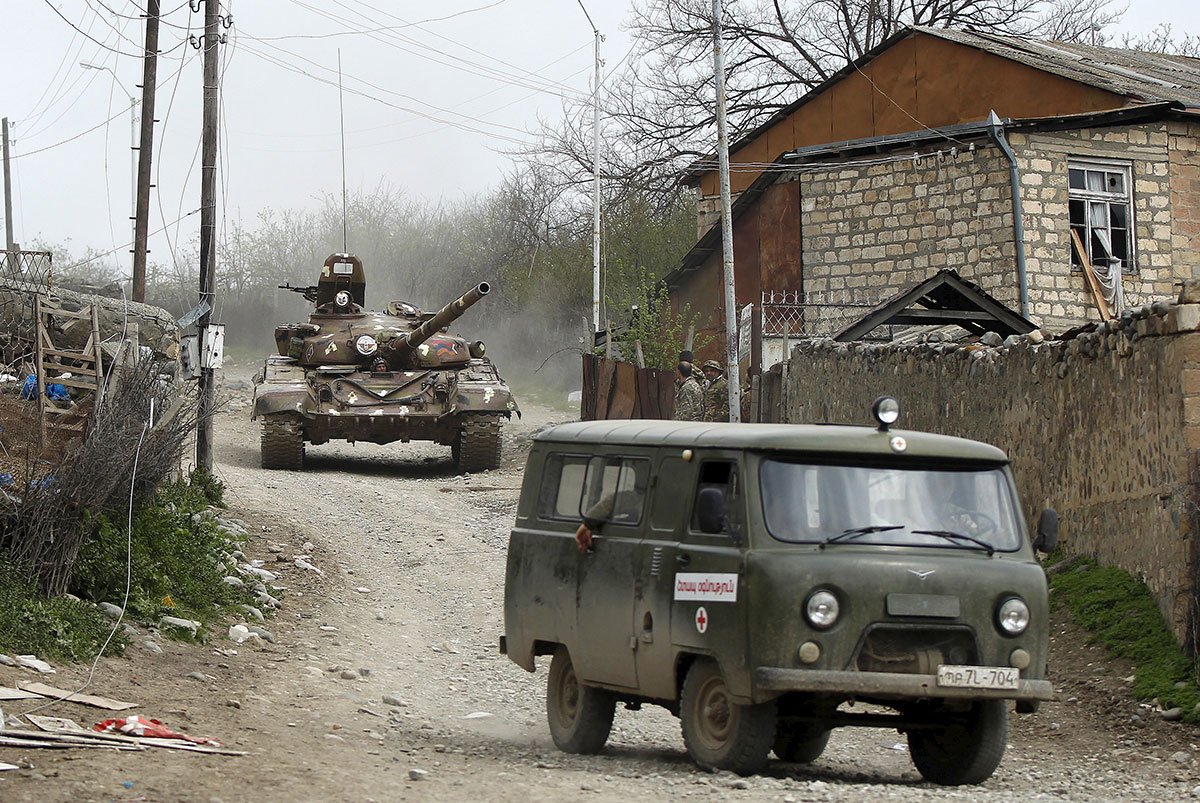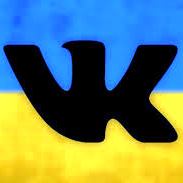(USC Institute of Armenian Studies) One of Russia’s leading Caucasus experts, associate professor at the Russian State University for Humanities and an expert at the Russian Council for International Affairs, Sergey Markednov (SM) discussed Russian policies with the Focus on Karabakh editor Emil Sanamyan (ES).
ES: In many respects, the year 2008 became a watershed moment for the Russian policies in the Caucasus, how would you describe the evolution of these policies?
SM: Over the past two and a half decades, there have been two major changes of the regional status quo. First was shaped after the collapse of the USSR in 1991, the conflicts in Nagorno Karabakh, South Ossetia and Abkhazia that by 1994 concluded with cease-fire agreements without resolution of the major political and legal disagreements. This situation was broadly unacceptable for Georgia and Azerbaijan, and their governments tried to challenge that status quo. Georgia’s effort was comparatively more ambitious since its government counted on Western support, but in the end this effort produced a second status quo: Russia’s formal recognition of Abkhazia & South Ossetia. As a result, Tbilisi became even closer to the West. The former Georgian SSR has effectively been divided into “spheres of influence.”
Nagorno-Karabakh did not undergo changes that were as dramatic to be able to transform the conflict resolution process. The outbreak of fighting in April of last year attracted attention to this post-Soviet “hot spot”. However, those events were not completely unexpected. In recent times, there have been more frequent violent incidents along the Line of Contact as well as at the internationally-recognized Armenia-Azerbaijan border. Ceasefire violations have increased steadily, culminating in the last April violence, the worst since the ceasefire of May 12, 1994.
Nevertheless, Azerbaijani efforts to challenge the status quo in 2016 and before were more limited in comparison with Georgia’s. Karabakh was and is different from Abkhazia and South Ossetia in that there is no peacekeeping operation. The cease-fire is based on the balance of forces between the parties to the conflict, which is not a proxy conflict for Russia & the West, in fact they try to cooperate in resolving this conflict. […]
Read More © USC Institute of Armenian Studies










